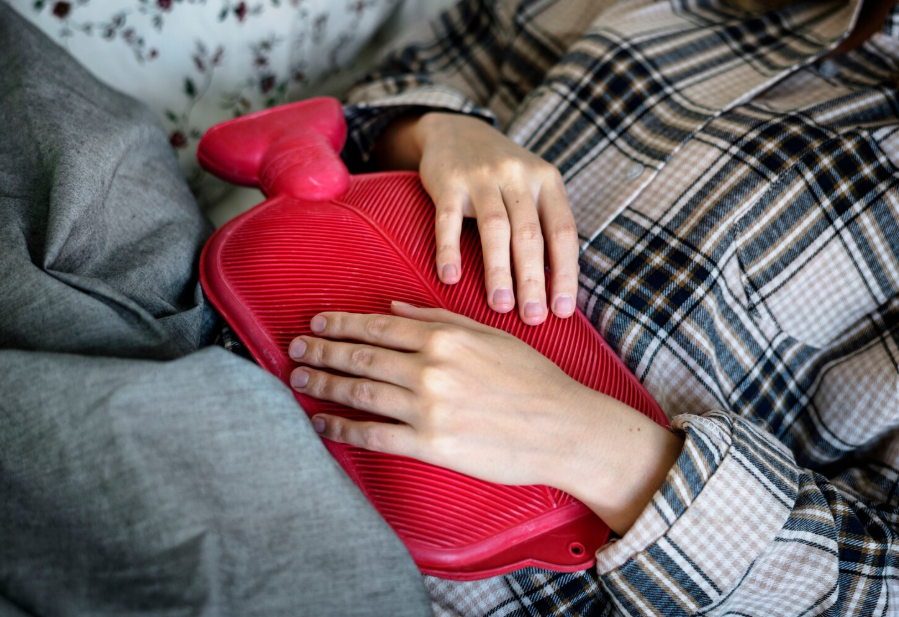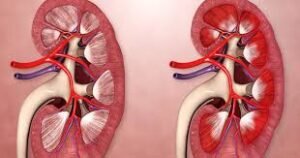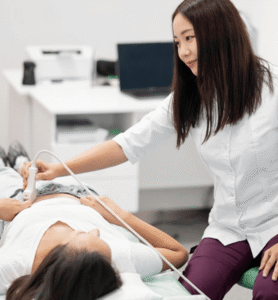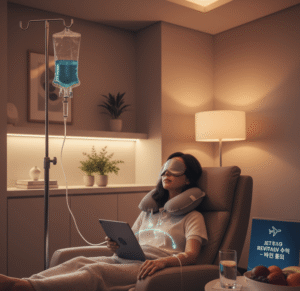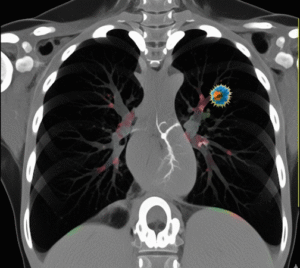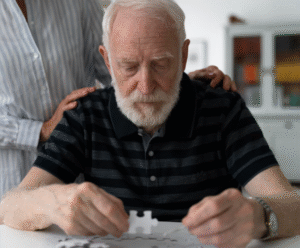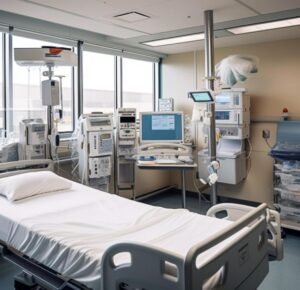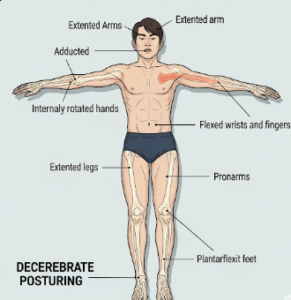Overview
Chronic Pelvic Pain (CPP) is a persistent pain in the lower abdomen or pelvis lasting six months or longer. It can affect both men and women and may be linked to gynecological, urological, gastrointestinal, musculoskeletal, or neurological conditions. In Korea, specialized pain management, gynecology, and urology centers offer comprehensive diagnosis and multidisciplinary treatment approaches to improve quality of life.
What is Chronic Pelvic Pain?
CPP is defined as non-cyclic pain in the pelvic region that persists for at least six months. The pain can be constant or intermittent and may significantly interfere with daily activities, work, and emotional well-being. It often requires careful evaluation to identify underlying causes and to implement a targeted treatment plan.
Symptoms
- Persistent pelvic or lower abdominal pain
- Pain during sexual activity (dyspareunia)
- Painful urination or bowel movements
- Lower back or hip discomfort
- Gastrointestinal symptoms such as bloating or constipation
- Emotional distress, anxiety, or depression associated with chronic pain
Causes
- Gynecological: endometriosis, pelvic inflammatory disease, ovarian cysts, fibroids
- Urological: interstitial cystitis, chronic urinary tract infections
- Gastrointestinal: irritable bowel syndrome, inflammatory bowel disease
- Musculoskeletal: pelvic floor dysfunction, hernias
- Neurological: nerve entrapment or neuropathic pain
- Idiopathic: in some cases, no clear cause is identified
Risk Factors
- History of pelvic infections or surgeries
- Endometriosis or other gynecological conditions
- Chronic urinary or gastrointestinal disorders
- Trauma or injury to the pelvic region
- Psychological stress or mood disorders
- Sedentary lifestyle or poor posture
Complications
- Impaired sexual function or intimacy issues
- Reduced quality of life due to chronic pain
- Emotional distress, depression, or anxiety
- Sleep disturbances and fatigue
- Social isolation or occupational difficulties
Prevention
- Early treatment of pelvic infections and gynecological conditions
- Regular gynecological and urological check-ups
- Maintaining healthy posture and pelvic floor strength
- Stress management and mental health support
- Avoiding prolonged sitting and practicing physical activity
Treatment Options in Korea
Treatment is multidisciplinary and tailored to the underlying cause:
- Medications:
- Pain relievers (NSAIDs, acetaminophen)
- Hormonal therapy for conditions like endometriosis
- Muscle relaxants or neuropathic pain medications
- Antibiotics for infection-related causes
- Therapies and interventions:
- Pelvic floor physical therapy
- Nerve blocks or trigger point injections
- Cognitive Behavioral Therapy (CBT) for chronic pain management
- Minimally invasive surgery for structural causes
- Specialized hospitals in Korea:
- Samsung Medical Center, Seoul National University Hospital, Asan Medical Center, Severance Hospital
- Multidisciplinary teams including gynecologists, urologists, pain specialists, physiotherapists, and psychologists
- Follow-up care:
- Regular monitoring of pain levels and treatment response
- Adjustment of medications or therapies as needed
- Supportive care for lifestyle modification and psychological well-being

